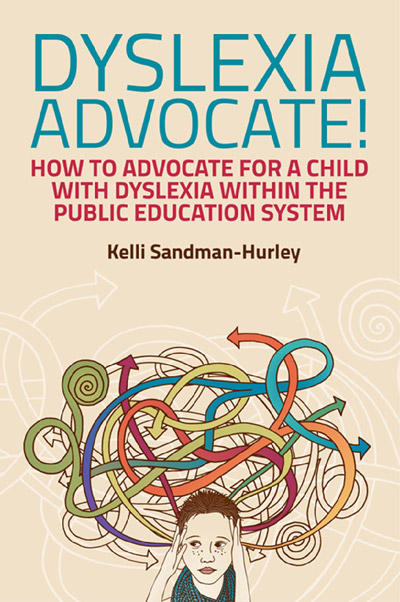 Download the PDF version of this article here.
Download the PDF version of this article here.
Did you ever wonder why there is a double <r> in hemorrhage or diarrhea? Or why <rhythm> is spelled the way it is?
Let’s look at the orthography and spelling.
First of all, they are all Greek words and they all have the same base, which is <rh>, which can also be the base <rrh> for reasons that are beyond the scope of this short post. Now, what do you think <rh> and <rrh> could possibly mean all by themselves? Hmm. What do diarrhea, hemorrhage and rhythm all have in common? Give up? They all have something to do with flow. It makes perfect sense now, right? You are probably less likely to spell or read those words wrong again.
This is another example of how English Orthography is not meant to represent sound to symbol relationships (although phonology is still vastly important and incorporated), but instead it is meant (and does) represent meaning. Less memorization required and more understanding attained in a structured, multisensory and explicit way! Teach students to analyze the structure of words instead of memorize and they will understand. So, <hemorrhage> is hemo + rrh + age –> hemorrhage.





